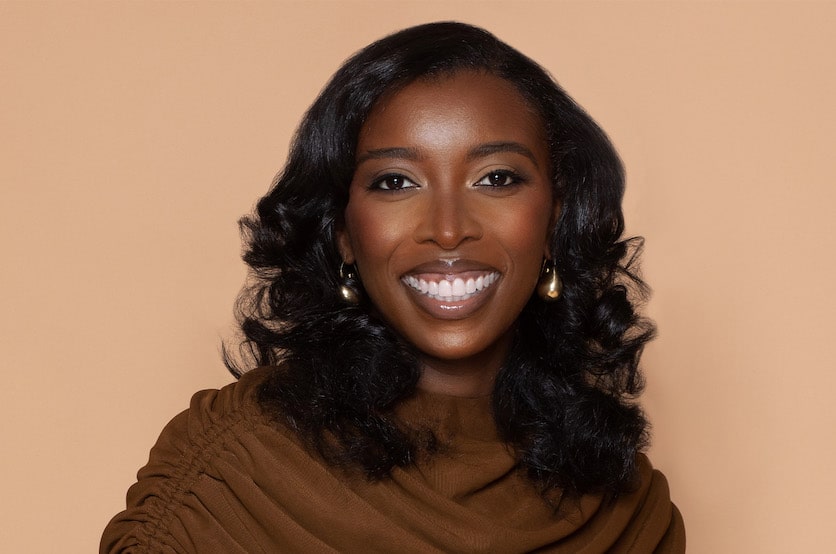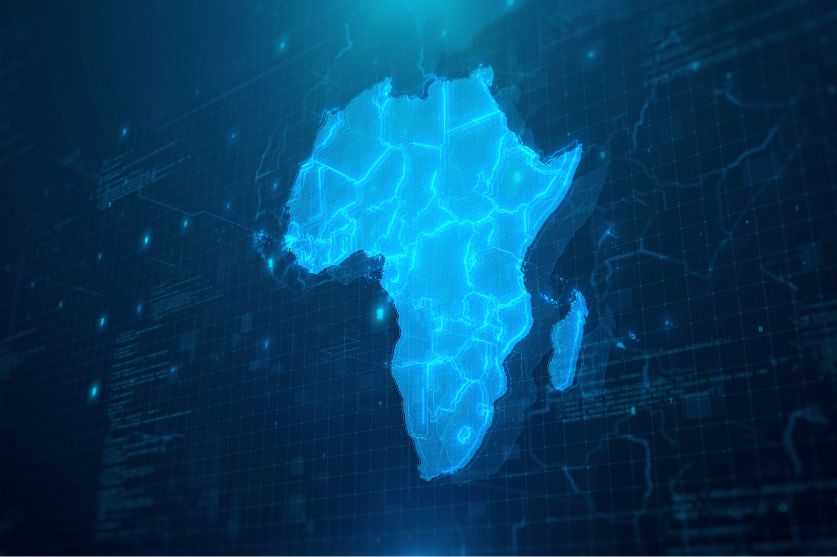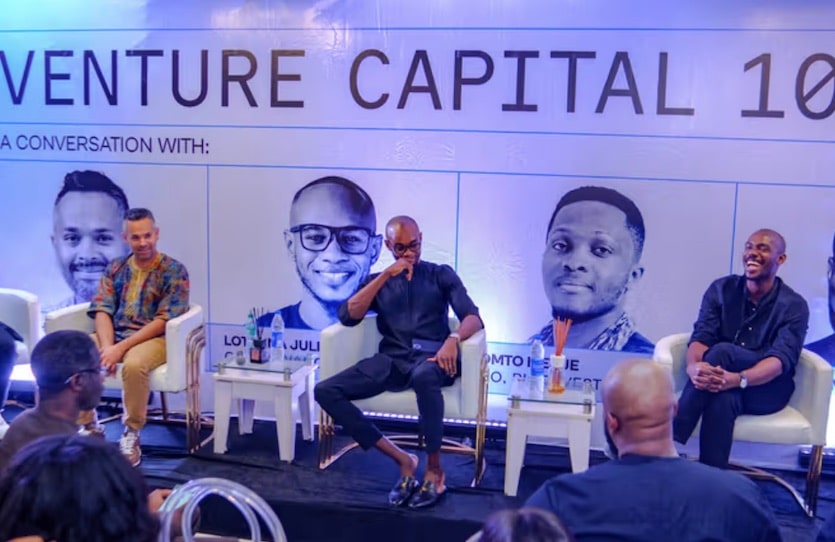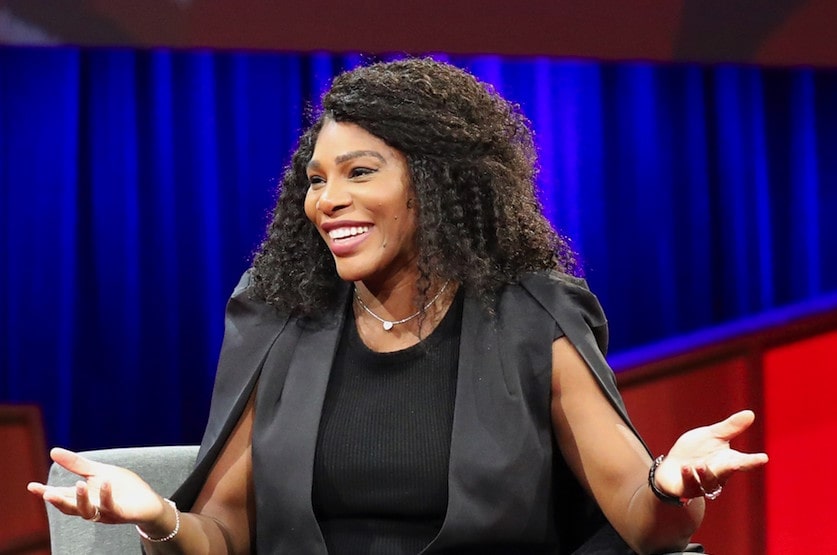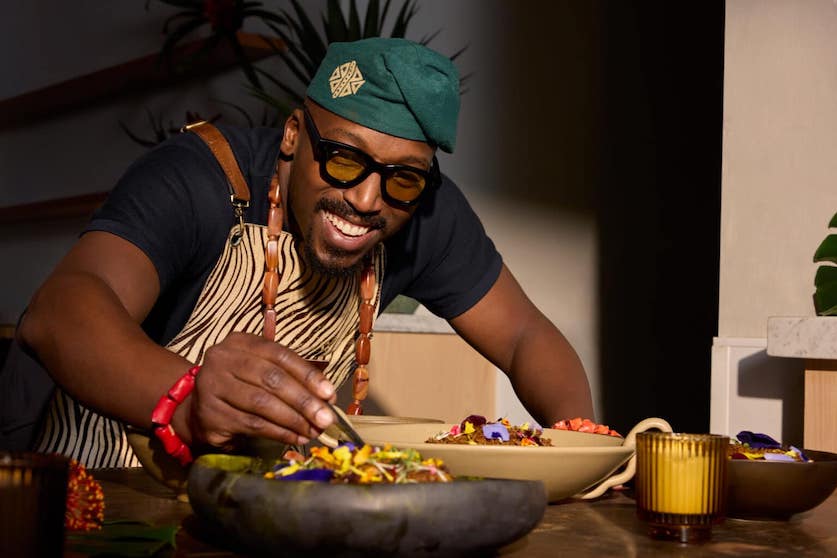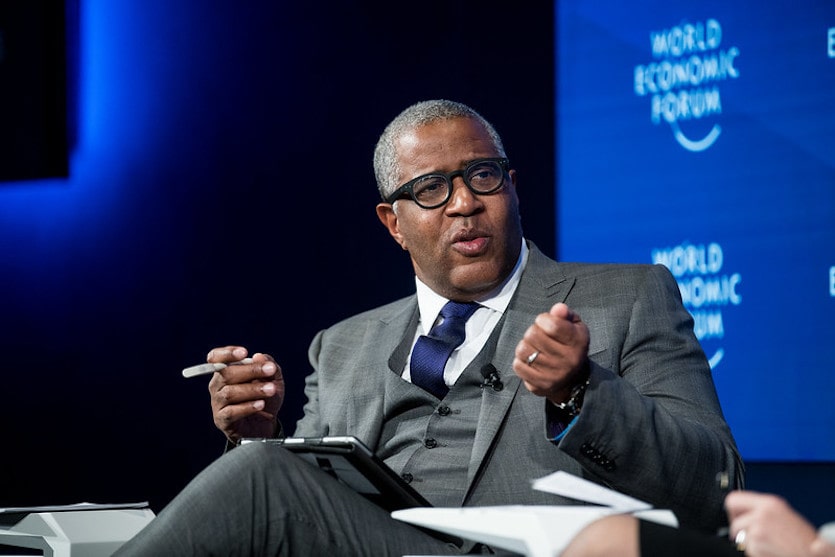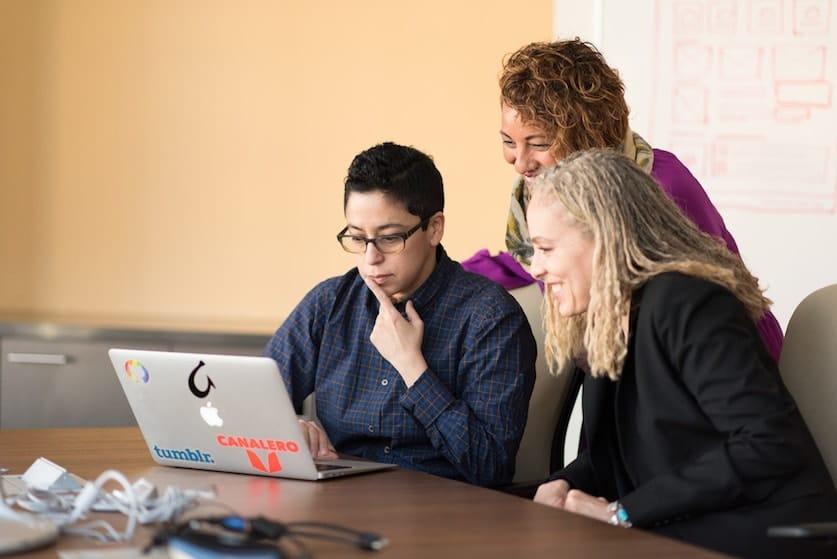
What Is The Best Innovation Software Available, And Why Your Business Needs It
November 3, 2017
Today’s Top Mobile Security Hardware and Software Features
November 6, 2017General Assembly collaborated with Techsquare Labs and the New Leaders Council for the event. All of the mayoral hopefuls were invited, but the packed room of attendees heard from six out of the ten people running: Cathy Woolard, Councilman Kwanza Hall, City Council President Ceasar Mitchell, Glenn Wrightson, John Eaves and Rohit Ammanamanchi.
Each candidate was given five minutes to pitch Shark Tank style, then five more minutes to answer questions from an esteemed panel of judges. The judging panel comprised of Jennifer Bonnett, Director and General Manager of the Advanced Technology Development Center; Rodney Sampson, Partner at Techsquare Labs; Dr. Tiffany Bussey, founding Director of the Morehouse Entrepreneurship Center; James Franklin, CEO at TechBridge and Dr. Kamau Bobb, Senior Director of Constellations Center for Equity in Computing at Georgia Institute of Technology.
“I believe our mission was accomplished in terms of making sure that this election and any election going forward that tech, startup and entrepreneurship, venture capital, and STEAM will be on the agenda,” said Rodney Sampson. Not one at many of the forums and debates throughout the campaign season has mentioned tech, he added.
“When you don’t hear yourself in the conversation, you ask, well do I matter?” he said. “Tech matters, diverse tech matters, and it is really the number one priority to address income inequality. People cannot become upwardly mobile when they don’t have jobs in high demand areas and skills.”
In fact, the disparity between certain parts of the metro (particularly between the southside and the northside) has been a key stumping point for many of the candidates. Furthermore, Atlanta is one of the most unequal cities in America, with a huge disparity between its wealthiest and poorest residents. Households in the richest percentile in the city make more than $288,000 dollars compared to under $15,000 dollars for those in the poorest percentile, according to a report by the Brookings Institution.
With gentrification in many parts of the city, the cost of living going up, residents are being priced out from their communities. Transportation also plays a part. A study by the Equality of Opportunity Project found that cities with a lot of traffic and congestion like Atlanta were likely to have issues around upward mobility.
Indeed, these issues were brought up during the pitches. Still, these concerns, while important, don’t quite answer the question, what about tech and startups in the city?
What They Had to Say About Tech
Most of the candidates used their time to repeat their pledges, speaking on the need for better transportation to alleviate the traffic, affordable housing, increasing livability through a better education system and youth-centered programs. Still, no one actually identified the key issues surrounding tech and brought up viable solutions to them. In the end, all of the judges felt that the pitches fell short of expectations.
The points that the candidates are missing include exclusion in higher education and discrimination in the workforce. Here are some of the highlights of what the candidates had to say:
Cathy Woolard, “Atlanta’s secret sauce is diversity. Tech has a problem with diversity.”
- Woolard said she worked with the tech community as a lobbyist with the American Electronics Association before its merger.
- She mentioned how she sent an email to Amazon saying that if they set their second headquarters in the city, they need to hire locally (especially from the underrepresented) and pay them well.
- She said that TechHire doesn’t work very well and doesn’t scale fast enough. Instead, she envisions a new program where 1,000 kids are trained every summer where they get $10 dollars an hour at 20 hours a week to do workplace readiness and introduction to coding. Students would come back every summer until they get to their senior year where hopefully they will be able to work for tech companies.
John Eaves, “Number one, we need to provide opportunities for our young people.”
- Eaves cited the school to prison pipeline in Atlanta as a money guzzler.
- He argued for divesting in the jail and court system.
- He wants to close the Atlanta detention center and use the money instead to support a program that exposes kids to international travel to stimulate their thinking.
- He mentioned a Global Youth Ambassadors program where students went to South African, Germany, Brazil, and China. Some of them had not been outside of the state of Georgia, he said. But the trips inspired every one of them to go to college.
- He also mentioned cable in homes.
Ceasar Mitchell, “A seventh period can take these kids from being at risk to being at promise.”
- Mitchell proposed a seventh period where students can learn how to code or create an app.
- He also mentioned transforming the Workforce Development Agency and getting federal grants to support initiatives.
- He said when he is mayor, city hall will continue to embrace entrepreneurship and small business.
Glenn Wrightson, “I’m in tune with this concept.”
- Wrightson suggested putting computer labs in recreational centers.
- He mentioned an app that municipal systems can use for operations, dispatching of crews and transactions.
- He also mentioned that he had his own app.
Rohit Ammananachi, “I will revolutionize civic engagement.”
- Ammananachi presented a slideshow presentation and virtual reality headset.
- He said he wants to use visual data to map areas of the metro that have been overlooked and struck with poverty.
- He wants to use VR to make 3D models of spaces, projects, and roads that the city is going to build, then through VR people can walk through those projects and be able to give their feedback. Then, that would create a lot of public support for the project, he said.
Kwanza Hall, “Let’s disrupt some things.”
- Hall said the city attracts companies but doesn’t do nearly the same amount to grow them.
- He mentioned how he and his wife started an incubator years ago, but couldn’t get the support from the Chamber of Commerce.
- He said that Mayor Kasim Reed has done a really good job of creating relationships and wants to build on that.
- He also mentioned how he’s started two or three companies but failed at all of them.
These suggestions were not enough for the judges who in the debriefing brought up issues such as Atlanta Public School students not getting into Higher Education STEM programs due to their preparation at Atlanta Public Schools, organizations like ATDC not funding enough women and minorities, and also getting tech companies/ employers to hire from here.
“We didn’t get into a deep conversation about some of the inequities,” Sampson said. “The momentum of the campaign at this point is also moving like a rocket ship, so for them to kind of make a detour through tech rather it being a priority is what the challenge was. I think in the future, hopefully, future candidates, our city council, our government leaders will see this as a priority.”
After the event, the judges commented that this was the beginning of a conversation that would have to be revisited once the city crowns its next mayor. Election Day is on November 7.



